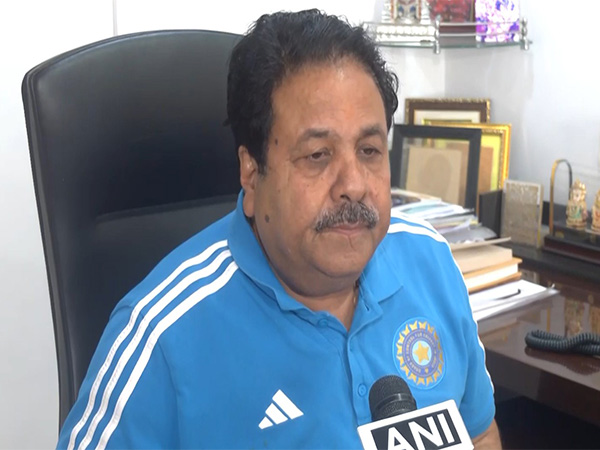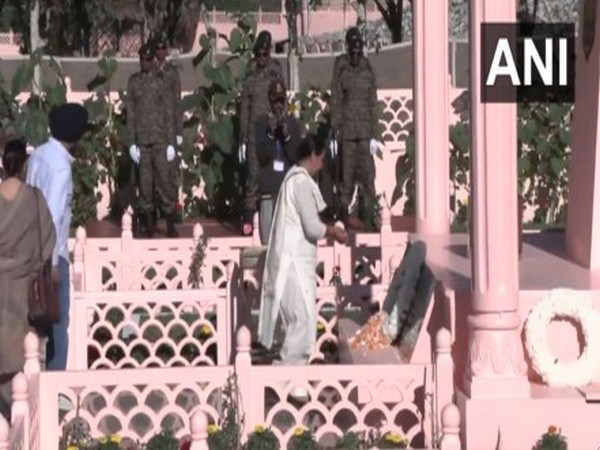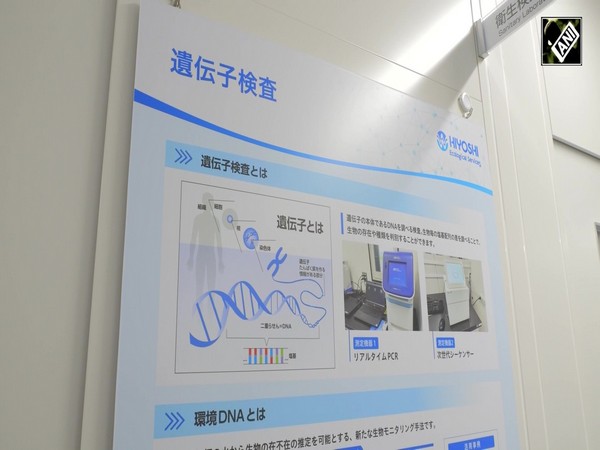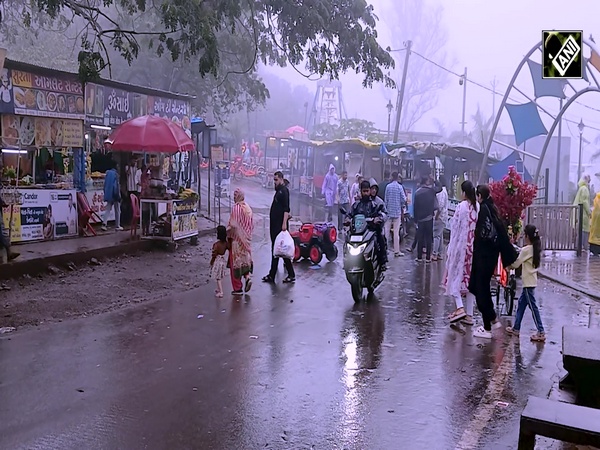SC asks NCLT, NCLAT to strictly adhere to IBC timelines, clear pending resolution plans
Sep 13, 2021

New Delhi [India], September 13 : The Supreme Court on Monday urged the National Company Law Tribunal (NCLT) and National Company Law Appellate Tribunal (NCLAT) to strictly adhere to the timelines stipulated under the Insolvency and Bankruptcy Code (IBC) and clear pending resolution plans within the deadline of 330 days.
A bench of Justice DY Chandrachud and Justice MR Shah opined that inordinate delays cause commercial uncertainty, degradation in the value of the corporate debtor and makes the insolvency process inefficient and expensive.
"It would also be sobering for us to recognize that whilst this court has declared the position in law to not enable a withdrawal or modification to a successful Resolution Applicant after its submission to the Adjudicating Authority, long delays in approving the Resolution Plan by the Adjudicating Authority affect the subsequent implementation of the plan," apex court noted in the judgement.
It said these delays, if systemic and frequent, will have an undeniable impact on the commercial assessment that the parties undertake during the course of the negotiation.
"The thirty-second report of the Ministry of Corporate Affairs' Standing Committee on Finance (2020-2021) on the 'Implementation of Insolvency and Bankruptcy Code- Pitfalls and Solutions' represented a despondent state of affairs with regard to the pendency of applications before the Adjudicating Authority.
"Such inordinate delays cause commercial uncertainty, degradation in the value of the corporate debtor and makes the insolvency process inefficient and expensive. We urge the NCLT and NCLAT to be sensitive to the effect of such delays on the insolvency resolution process and be cognizant that adjournments hamper the efficacy of the judicial process. The NCLT and the NCLAT should endeavour, on a best effort basis, to strictly adhere to the timelines stipulated under the IBC and clear pending resolution plans forthwith. Judicial delay was one of the major reasons for the failure of the insolvency regime that was in effect prior to the IBC. We cannot let the present insolvency regime meet the same fate," the court said.
The apex court further said that once the committee of creditors (CoC) submits a resolution plan for stressed assets under IBC, it cannot be modified or withdrawn by the resolution applicant.
"We hold that the existing insolvency framework in India provides no scope for effecting further modifications or withdrawals of CoC-approved Resolution Plans, at the behest of the successful Resolution Applicant, once the plan has been submitted to the Adjudicating Authority," the judgement stated.
"A Resolution Applicant, after obtaining the financial information of the Corporate Debtor through the informational utilities and perusing the IM, is assumed to have analyzed the risks in the business of the Corporate Debtor and submitted a considered proposal. A submitted Resolution Plan is binding and irrevocable as between the CoC and the successful
Resolution Applicant in terms of the provisions of the IBC and the CIRP Regulations."
The judgement of the apex court came on a plea of Ebix Singapore PTE against CoC of Educomp Solutions, the debt-ridden digital education company.
The NCLT had allowed the withdrawal application filed by Ebix under Section 60(5) of the IBC to withdraw its Resolution Plan submitted for Educomp Solutions after being selected by the 75.36 per cent members of the CoC. This was challenged by the Singapore company in the top court.
















